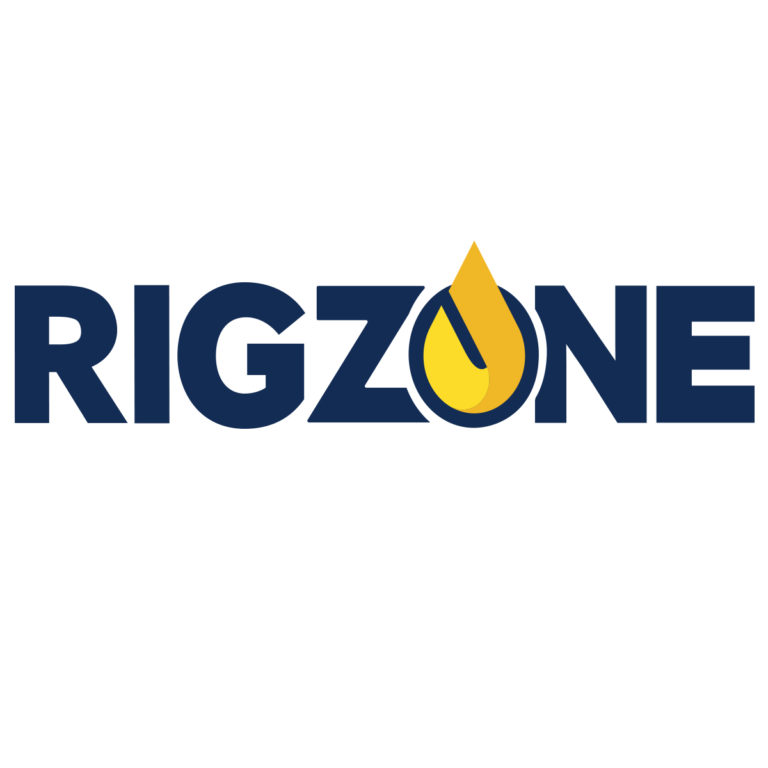
Get Ready For The EU Gas Buyers’ Cartel
- The EU is looking to jointly buy natural gas in an effort to keep prices low.
- Back in April, the EU launched the Platform for the common purchase of gas, LNG and hydrogen.
- Just as with gas, the EU countries have also floated the idea of jointly purchasing crude oil.
Rocked by one of the worst energy crises in living memory, the European Union will make its first move as a gas buyers’ cartel next month as it launches the first tender for suppliers, Bloomberg has reported. According to Commission Vice President Maros Sefcovic, some 50 gas suppliers and large industrial gas consumers in the EU have already expressed interest in being part of the bloc’s joint gas buying effort. A key objective of the whole endeavor is to keep gas prices low by buying in larger volumes. Although natural gas prices are a lot lower than they were a year ago, the EU still needs to buy vast quantities of gas to refill its storage, with such a move likely to drive prices higher. Sefcovic says that the EU plus four neighboring countries will require 24 billion cubic meters of natural gas over the next three years to meet their needs. Further, Europe has been paying a considerable premium for its gas compared to the U.S. and China, and this needs to change if the region is to remain competitive on the global stage, “What is increasingly important is that we have to deal with prices. We can’t power our economy at such a huge price differential compared with the US or China,” Sefcovic has told Bloomberg.
Back in April, the EU launched the Platform for the common purchase of gas, LNG and hydrogen. The Platform is intended to help ensure security of supply, in particular for the refilling of gas storage facilities in time for next winter. The Platform did succeed in its mission, with the continent managing to fill its storage well ahead of winter. However, the organization did not have much success as far as lowering prices go, with the cost of replenishing natural gas stocks in Europe estimated at over 50 billion euros ($51 billion), 10 times more than the historical average for filling up tanks ahead of winter.
Oil Buying Cartel
Interestingly, the idea of creating an oil buyers’ cartel has previously been floated.
Last year, Italy’s prime minister, Mario Draghi, hatched a radical plan to contain the oil price hike. The former European Central Bank president floated the idea of creating a “cartel” of oil consumers at a meeting with Joe Biden in order to increase their bargaining power similar to how the biggest oil-producing nations came together through OPEC to agree annual oil production quotas.
According to Brussels thinktank Bruegel, Germany, France, Italy and Spain–four of the largest EU economies–spent tens of billions to artificially lower energy prices. However, these subsidies are viewed as less than ideal since they help to fund Moscow, drain public finances and harm the environment.
Related: Russia And Saudi Arabia Vow To Continue OPEC+ Oil Policy Cooperation
Other initiatives have been employed to try and control oil prices.
Back in May, the U.S. Senate passed the No Oil Producing and Exporting Cartels (NOPEC) bill intended to protect American consumers and businesses from engineered spikes in the cost of gasoline and heating oil, despite some analysts warning that it could also have some dangerous and unintended consequences.
The bill would change U.S. antitrust law to revoke the sovereign immunity that has long protected OPEC and its national oil companies from lawsuits, giving the U.S. attorney general the ability to sue the oil cartel or its members in federal court. However, it remains unclear exactly how a U.S. federal court could enforce judicial antitrust decisions against foreign nations, not to mention that other countries could retaliate by taking similar action on the United States, for example for withholding agricultural output to support domestic farming.
Previous versions of the NOPEC bill have failed thanks to heavy opposition by oil industry groups, including the American Petroleum Institute (API).
Several analysts have also warned that the bill could lead to unintended blowback, and OPEC nations could strike back in other ways. For instance, in 2019, for example, Saudi Arabia threatened to sell its oil in currencies other than the U.S. dollar if Washington passed a version of the NOPEC bill. Such a move would reduce Washington’s clout in global trade by undermining the dollar’s status as the world’s main reserve currency, while also weakening the U.S.’ ability to enforce sanctions on nation states. The Saudis might also hit back by buying their weapons elsewhere thus denying U.S. defense contractors lucrative business.
The Biden administration can also try and persuade non-OPEC producers to increase their production. In a rare move of solidarity, in 2021, non-OPEC countries agreed to join OPEC in a production-limiting deal. But they, too, have been struggling to ramp up production in tight markets. Non-OPEC oil producers are crude oil-producing nations outside of the OPEC group including the United States of America, Canada, and China.
Another big challenge: non-OPEC countries have high consumption levels and, thus, limited capacity to export. Indeed, many are net oil importers despite being high producers, which means they have minimal influence on oil prices. However, with the discovery of shale oil and shale gas, non-OPEC oil producers, particularly the United States, have enjoyed increased production and greater market share in recent times. While this has been a game-changer of sorts, shale oil technology requires substantial upfront investments, which acts as a deterrent to shale oil producers.
ADVERTISEMENT
So far, the jury is out as to whether non-OPEC producers can have a material impact on the price of crude oil. High production levels from non-OPEC members from 2002 to 2004 and again in 2010 failed to trigger price declines and instead brought about higher oil prices, mainly because they lacked sufficient market share to affect oil prices. High production from 2014 to 2015, however, did cause prices to decline with pundits opining that the decline in prices was the result of an increase in supply from OPEC producers with their market share threatened by non-OPEC producers.
By Alex Kimani for Oilprice.com
More Top Reads From Oilprice.com:

Alex Kimani
Alex Kimani is a veteran finance writer, investor, engineer and researcher for Safehaven.com.
Published at Sun, 12 Mar 2023 16:00:00 -0700





